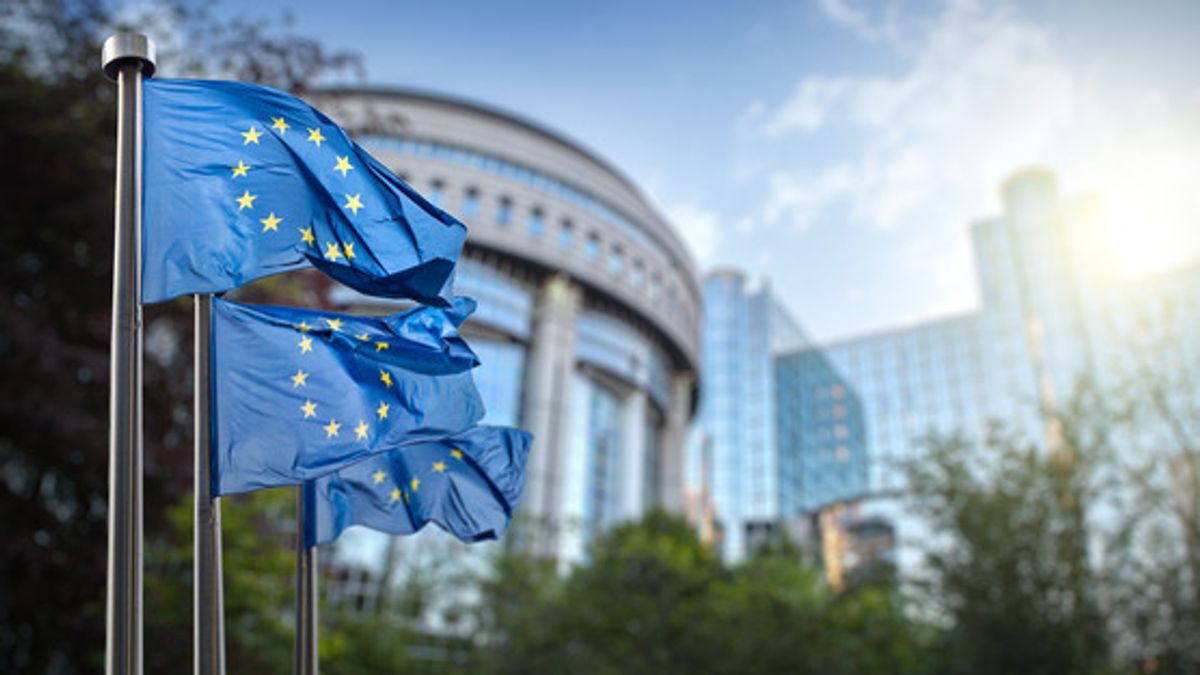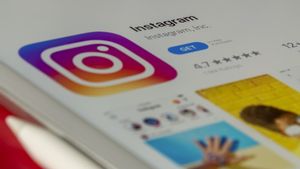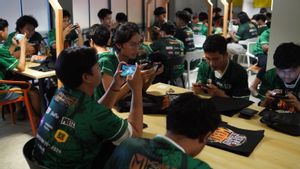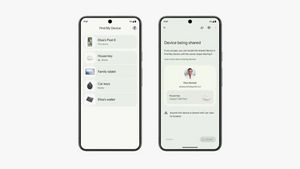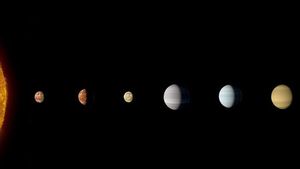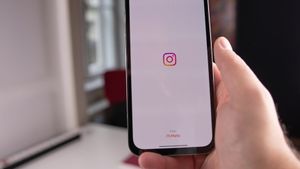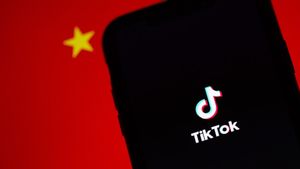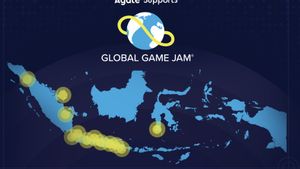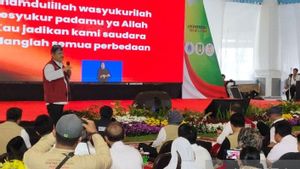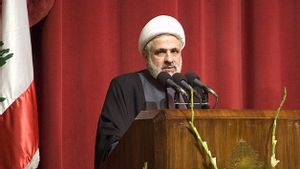JAKARTA - The Government of the European Union on Monday 27 May, officially approved a new law designed to ensure the bloc produces 40% of solar panels, wind turbines, hot pumps, and other clean technology equipment. The law aims to help the European industry compete with competitors from the US and China.
The law, known as the Net Zero Industry Act (NZIA), will take effect next month or early July after being signed by the president of the European Parliament and the Council, and published in the official EU journal.
The law is the center of EU's push to ensure that this block is not only a global leader in reducing greenhouse gas emissions, but also in the manufacture of the technology needed. Europe is increasingly dependent on China, which is expected to have 80% of global manufacturing capacity in solar energy. The EU is also concerned that $369 billion (Rp5.9 quadrillion) of green subsidies in the US Inflation Reduction Act will attract European manufacturers to move.
The EU has also set a 2030 target to produce 40% of the products needed to reduce greenhouse gas emissions. These products include renewable energy, nuclear power, heat pumps, electrolysers, and other decarbonization technologies, including carbon capture. The EU also targets to achieve 15% of global production of these technologies by 2040.
SEE ALSO:
NZIA proposes simplifying granting permits for projects that increase EU manufacturing, ensuring most permits are issued within six to nine months.
Authorities who buy clean technology products should base their choice not only on prices, but also taking into account 30% of offerings based on sustainability and resilience - to what extent the EU relies on supply from certain third countries.
Reaching this target will be very difficult in the solar energy sector, considering EU manufacturers supply less than 3% of the panels installed in the EU and are struggling to survive. The EU wind energy sector is much stronger, although Chinese companies are starting to gain a foothold.
The English, Chinese, Japanese, Arabic, and French versions are automatically generated by the AI. So there may still be inaccuracies in translating, please always see Indonesian as our main language. (system supported by DigitalSiber.id)
